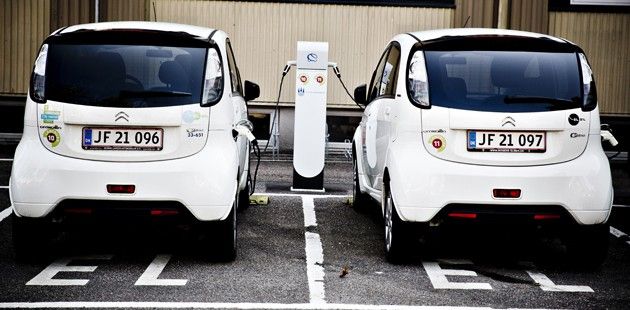The government has teamed up with the opposition parties Socialdemokratiet and Radikale to ease the contentious phasing in of registration taxes for electric cars in Denmark.
The tax minister, Karsten Lauritzen, is pleased that an agreement could be reached regarding a solution to help jump-start stagnating electric car sales in the country.
“Since the electric car agreement in 2015, we have followed the market closely, and it’s no secret that not as many electric cars have been sold as we counted on 18 months ago,” said Lauritzen.
“The phasing in of the tax has proved to be too tough and has probably contributed to halting sales. So it’s great we are now in agreement concerning an easement of the phasing in, which can hopefully pick up electric car sales.”
READ MORE: Electric car sales grinding to a halt in Denmark
Taxation hiatus
Specifically, the new agreement will mean that the phasing back of registration tax for electric cars over a four-year period (2016-2020) will be postponed until there are 5,000 newly-registered electric cars – counting from 1 January 2016 to the end of 2018.
From 2019, regardless of sales figures, the phasing back will commence again. That means the registration tax will be at 40 percent (minus a 10,000 kroner deduction) in 2019 and increase to 65 percent in 2021, 90 percent in 2021 and up to 100 percent in 2022.
“It’s very positive that the parties have teamed up to refire the stuttering electric car sales,” said Lærke Flader, the head of branding at the Danish electric car alliance, Dansk Elbil Alliance.
“It won’t only benefit electric car sales, but the environment and air quality in the cities.”
But Flader also contended that the registration tax issue needed more long-term reform in order for Denmark to reach its climate goals and to urge more Danes to switch to electric cars.
Since the government decided to phase back the registration tax in late 2015, electric car sales in Denmark have practically ground to a complete stop. Thus far in 2017, just 58 electric cars have been sold – and just three to the private sector.














